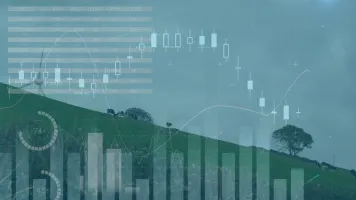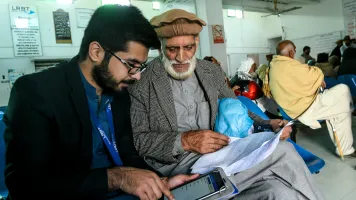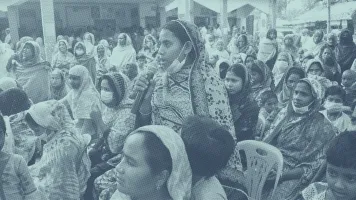Affordable and clean energy is key to ensuring a sustainable future. Currently, over 750 million people lack access to reliable energy. 3 billion people still use dangerous and inefficient cooking systems, whose indoor air pollution caused 4.3 million deaths. To achieve the SDGs, equal access to affordable and sustainable energy is required.
Energy production is the main contributor to climate change, with 60% of total global greenhouse gas emissions stemming from the process. In order to combat the climate crisis, the global share of energy manufacturing must switch from polluting, carbon-heavy fossil fuels to clean renewable energy sources. Understanding access to reliable energy and making informed, targeted efforts to develop affordable energy requires accurate, timely data and information.
Everybody has the right to development, which means everybody has the right to clean energy.
― Sunita Narain, Director General of the Centre for Science and Environment






